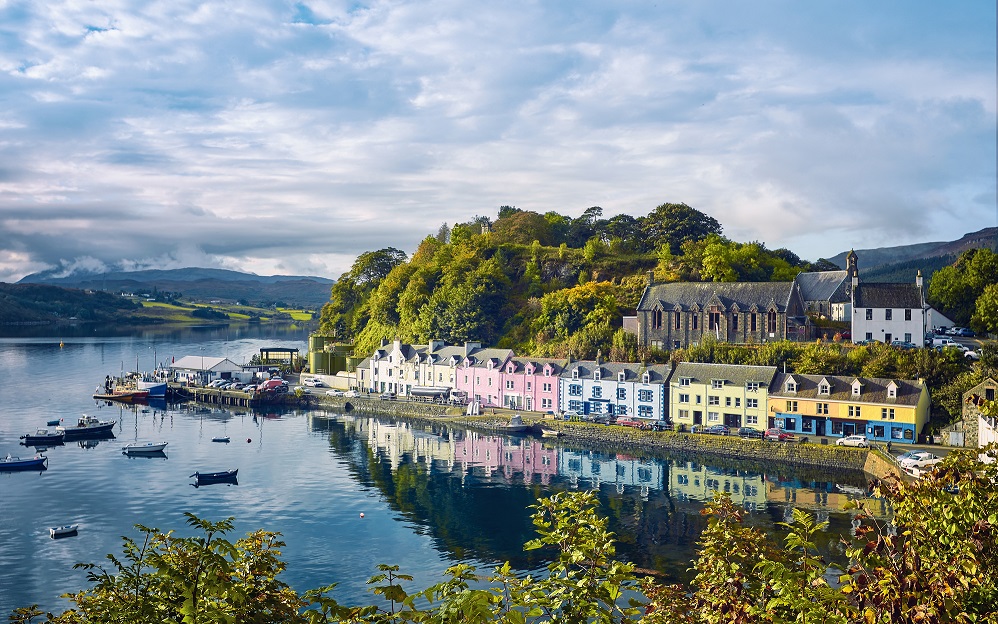News and case studies
We help people and organisations right across Scotland. Take a look at our latest updates and stories to find out more. Or, why not check out our case studies from householders and organisations - they're inspiring!
Call us on: 0808 808 2282
We help people and organisations right across Scotland. Take a look at our latest updates and stories to find out more. Or, why not check out our case studies from householders and organisations - they're inspiring!
